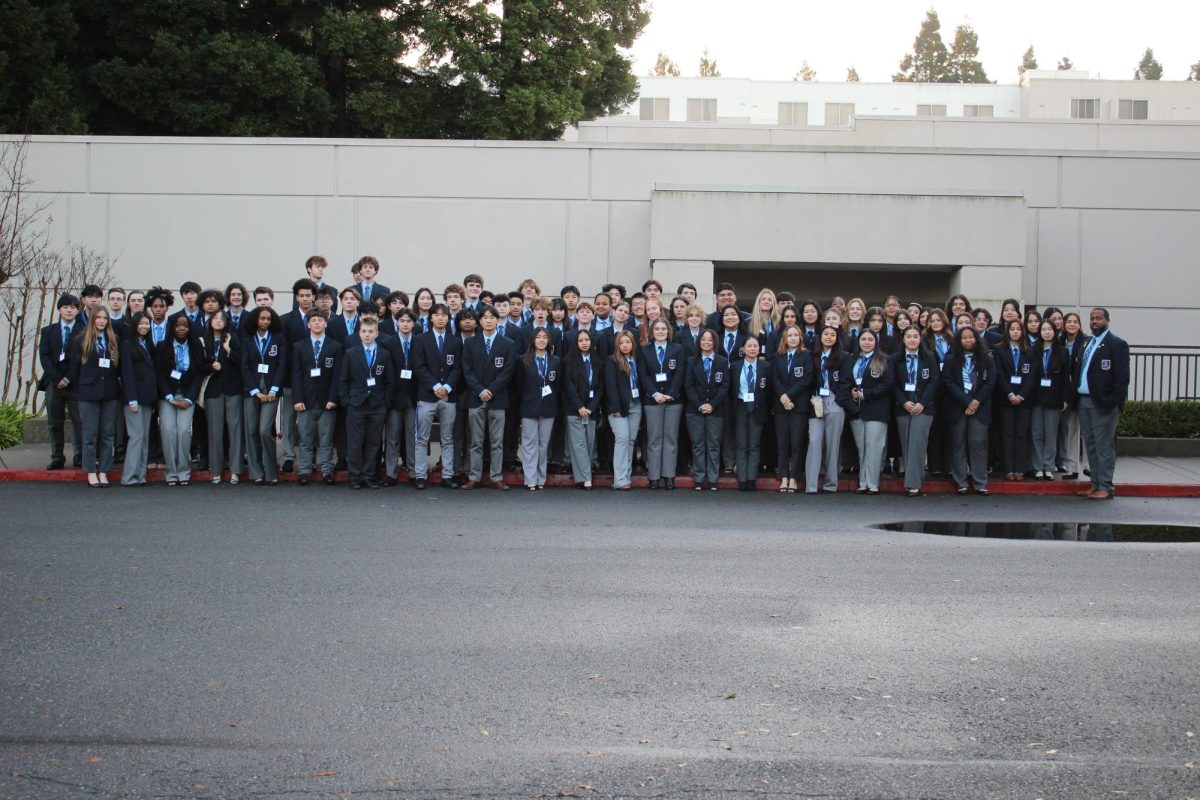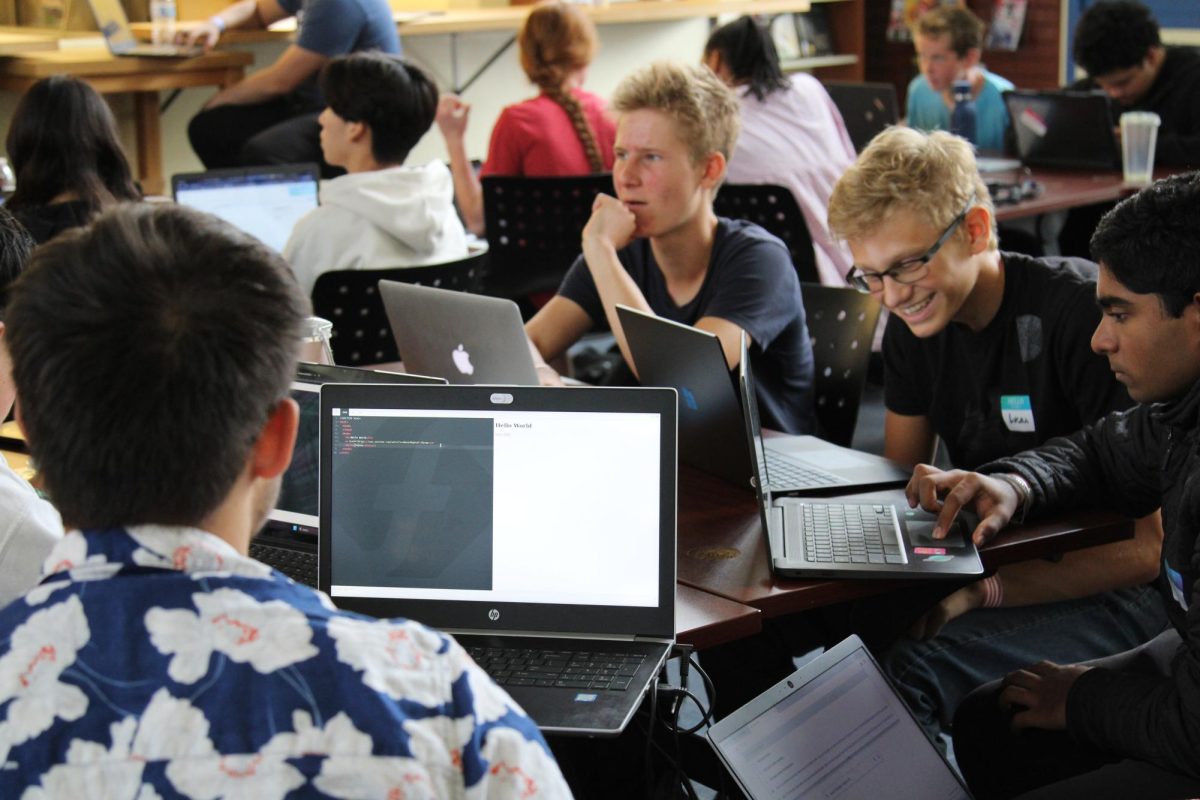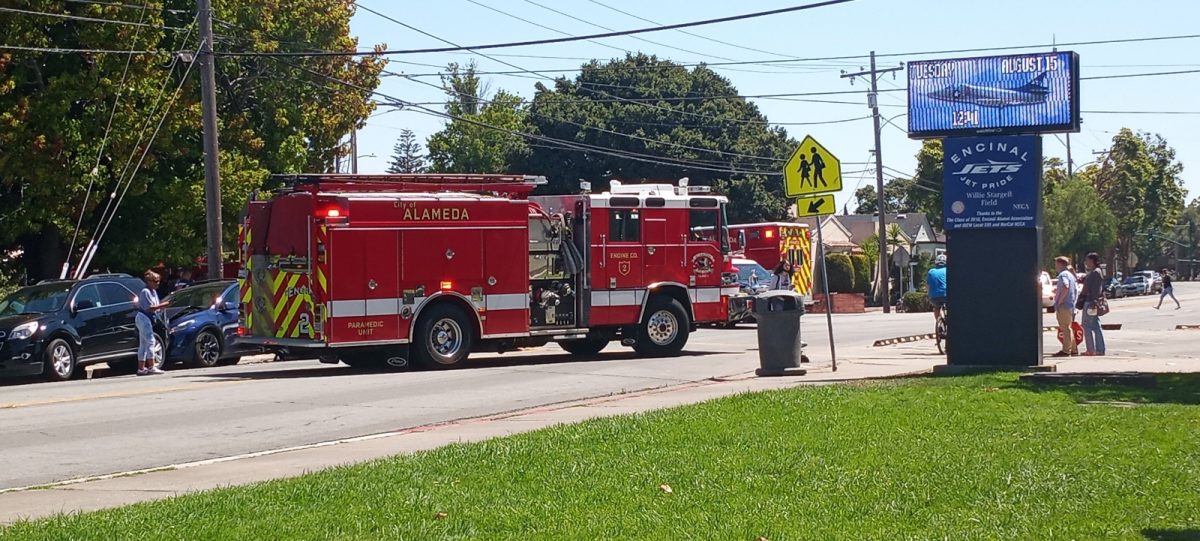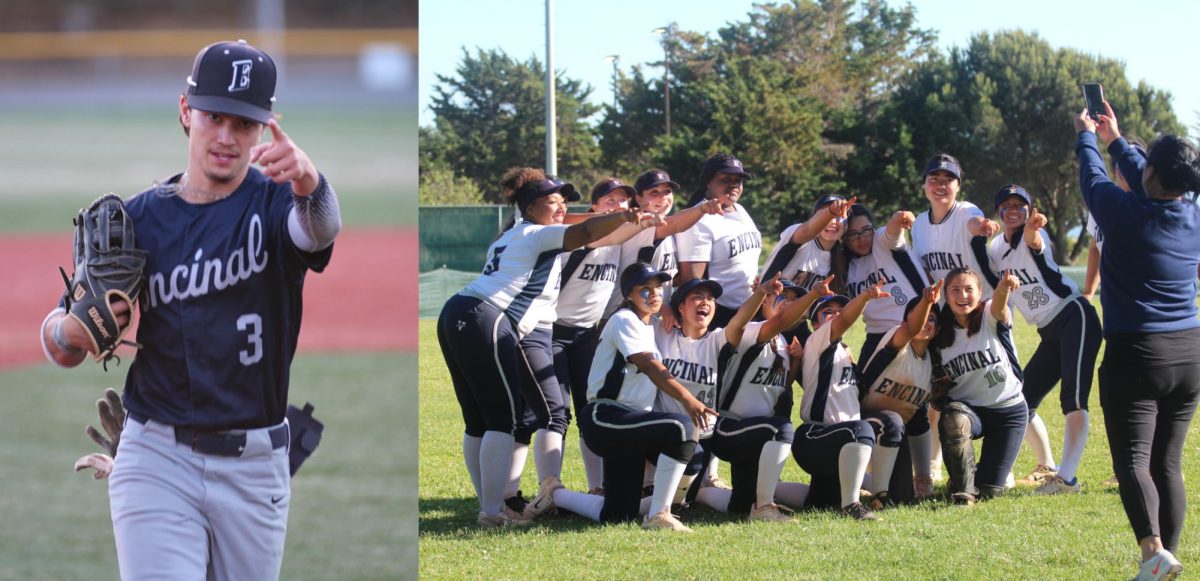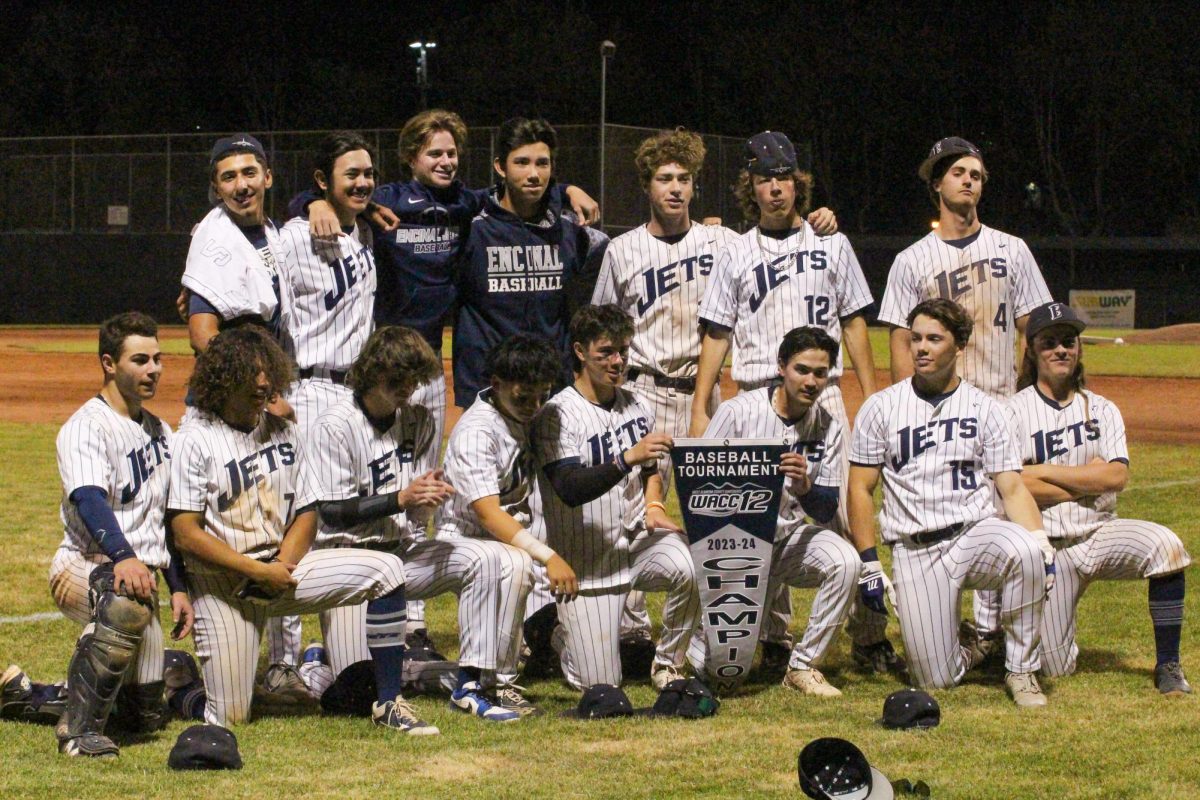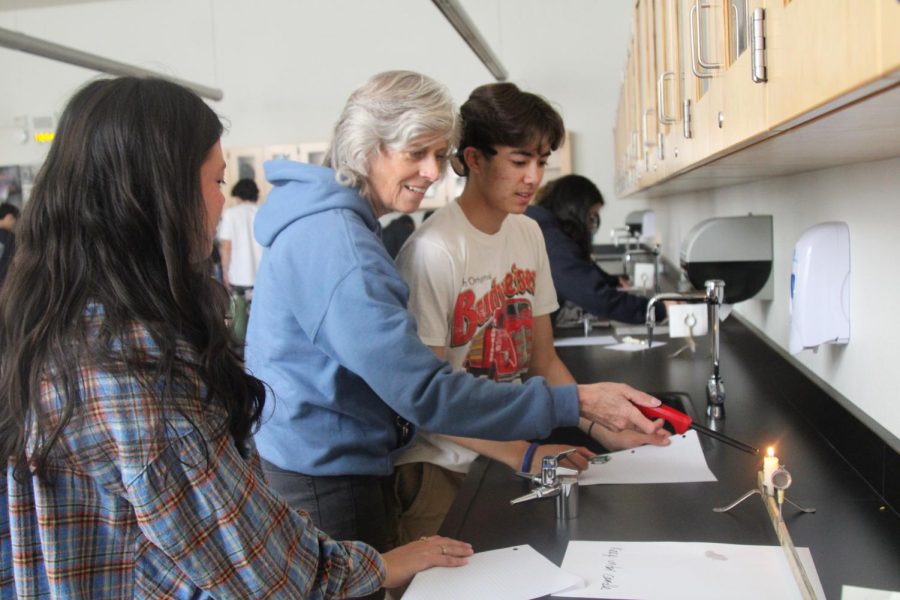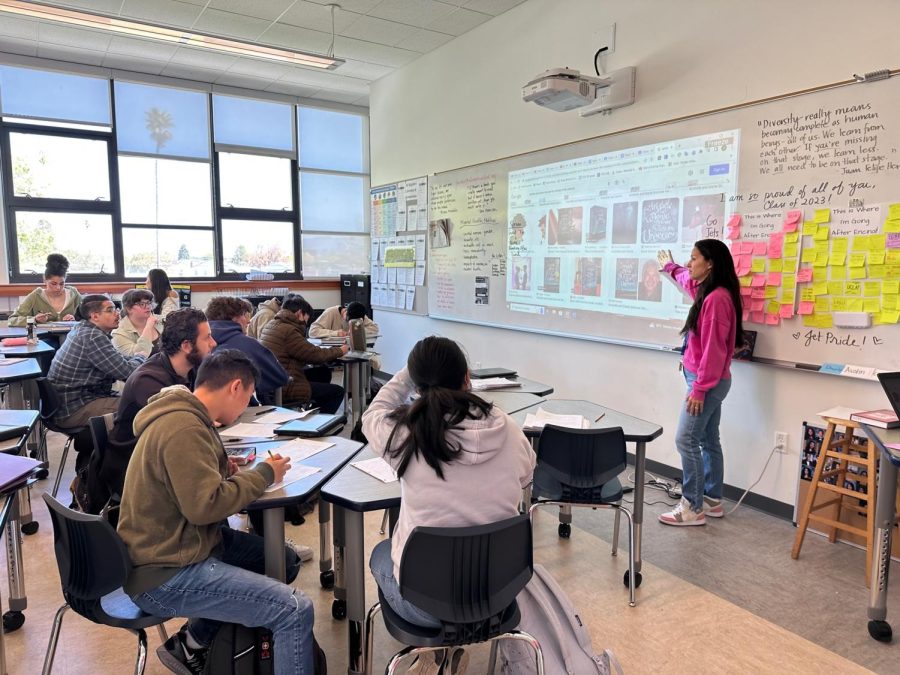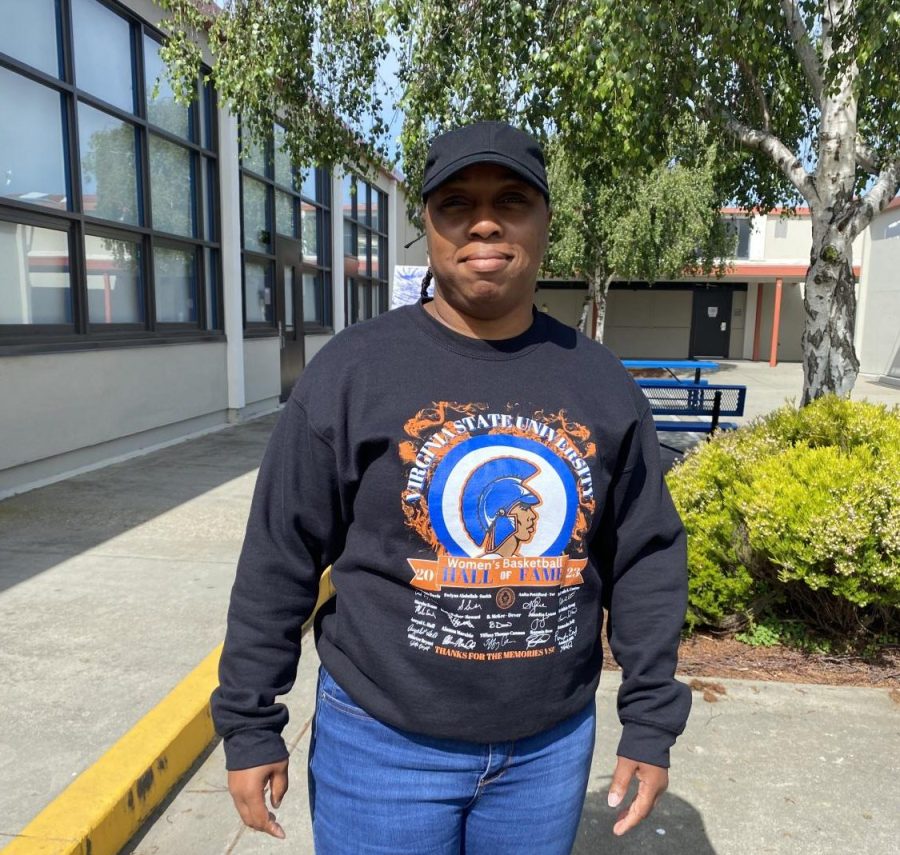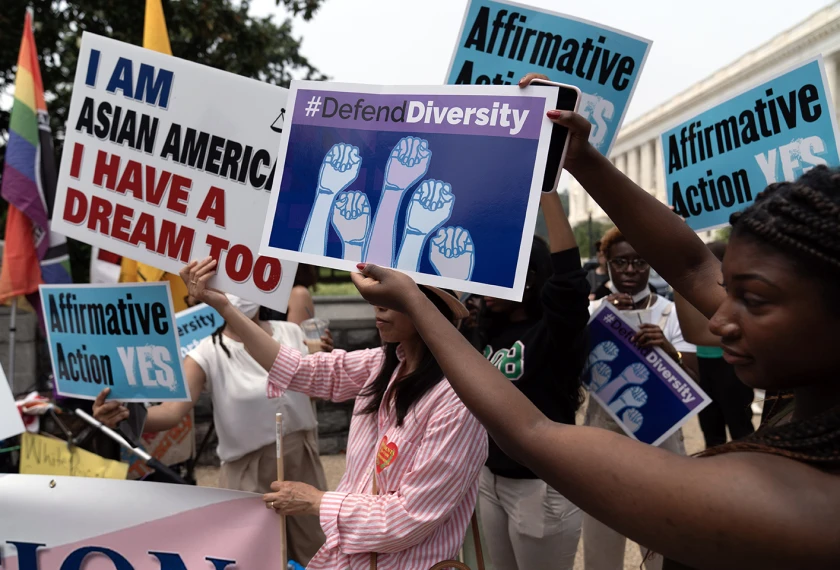“The Supreme Court Deems Affirmative Action to be Unconstitutional.” That was the recent headline in the news this past month. The recent court ruling is one that is significant to students across the nation. But what is Affirmative Action, and how does it affect current high school students?
A Brief History
In 1978 the United States Supreme Court issued a ruling legalizing the process of Affirmative Action in college campuses across the land. The reason for this ruling was the growing resurgence of a push for equal rights in the 60s to late 70s. In the Supreme Court case Regents of the University of California v. Bakke, Allan P. Bakke accused UC Davis’ admissions office of violating the Civil Rights Act of 1964 and making race a factor in the admissions process by looking at the color of people’s skin instead of their academic accomplishments. In a 5-4 ruling by the then conservative-leaning court, Bakke won his case, and was admitted to UC Davis. However, the Supreme Court stated that it allowed colleges to use race as a factor in making admissions decisions. As time went on, the court made future rulings in the 80s, 90s, and early 2000s that regulated admissions usage of Affirmative Action and favored accepting more minority students to uphold diverse racial demographics in higher education.
In summary, Affirmative Action is a method used by universities to ensure a more diverse student body. Affirmative Action in modern-day American politics is a controversial issue, and there is much debate from both sides of the aisle.
Two Sides
The left’s (Democrats) view on Affirmative Action is that it is a tool in achieving a country without racial bias and inequality. Most Democrats want to give African Americans, Latinos and other people of color a step up in the admission process to combat a history of racial inequality. However, there is still a partial minority of the Democratic party that believes approving Affirmative Action is a step too far for it is unfair for students who worked hard to get a college education without the help of Affirmative Action.
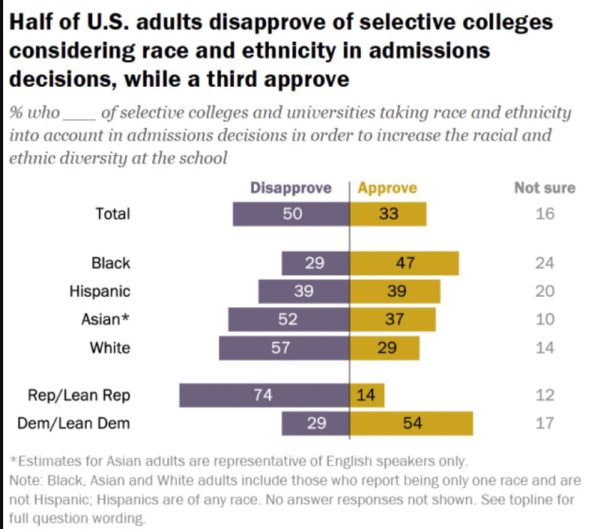
The right’s (Republicans) view on Affirmative Action is that the policy is unconstitutional and is a violation of state’s rights. The GOP’s main agenda is to have this idea of limited government and less government intervention in the lives of everyday Americans. Another reason why conservatives in America are against Affirmative Action is the view that it is unfair to Americans as a whole as it gives African Americans a step ahead over Asian Americans, Irish Americans and other oppressed populations.
Effect on Class of 2024
The Supreme Court decision on June 29th ended race-based admissions programs in America. The Court claims that Affirmative Action violates the guarantee of equal protection and looks more at the color of a student’s skin rather than their academic merit. This means rising seniors starting the college admission process should not hope to have their race play a role in their applications.
In an interview with “Face the Nation” University of California president Michael Drake stated that through the Supreme Court’s ruling all UCs have removed the Affirmative Action system, making California the first state to remove it in the nation.
“I think it’s unfair that we should give one race compensation because of something that occurred 150 years ago, so I support the ruling because I think it makes for a more fair due process,” said an Encinal junior who wished to remain anonymous.
Students’ responses to the ruling were varied.
“I think it’s not great that it’s illegal but at the same time, it’s best to treat everyone equally and morally by who they are and not what they are,” William, another Encinal junior, said.
Reactions to the court’s rulings are mixed, but the implications of the ruling mean Encinal students should keep an eye on their grades and test scores if they are seeking admittance to a prestigious college. More than ever, students should focus on their academics and career goals, reach out to teachers and counselors, work on compelling essay writing skills, demonstrate a deep interest in a realistic career approach, and start their college search early.




